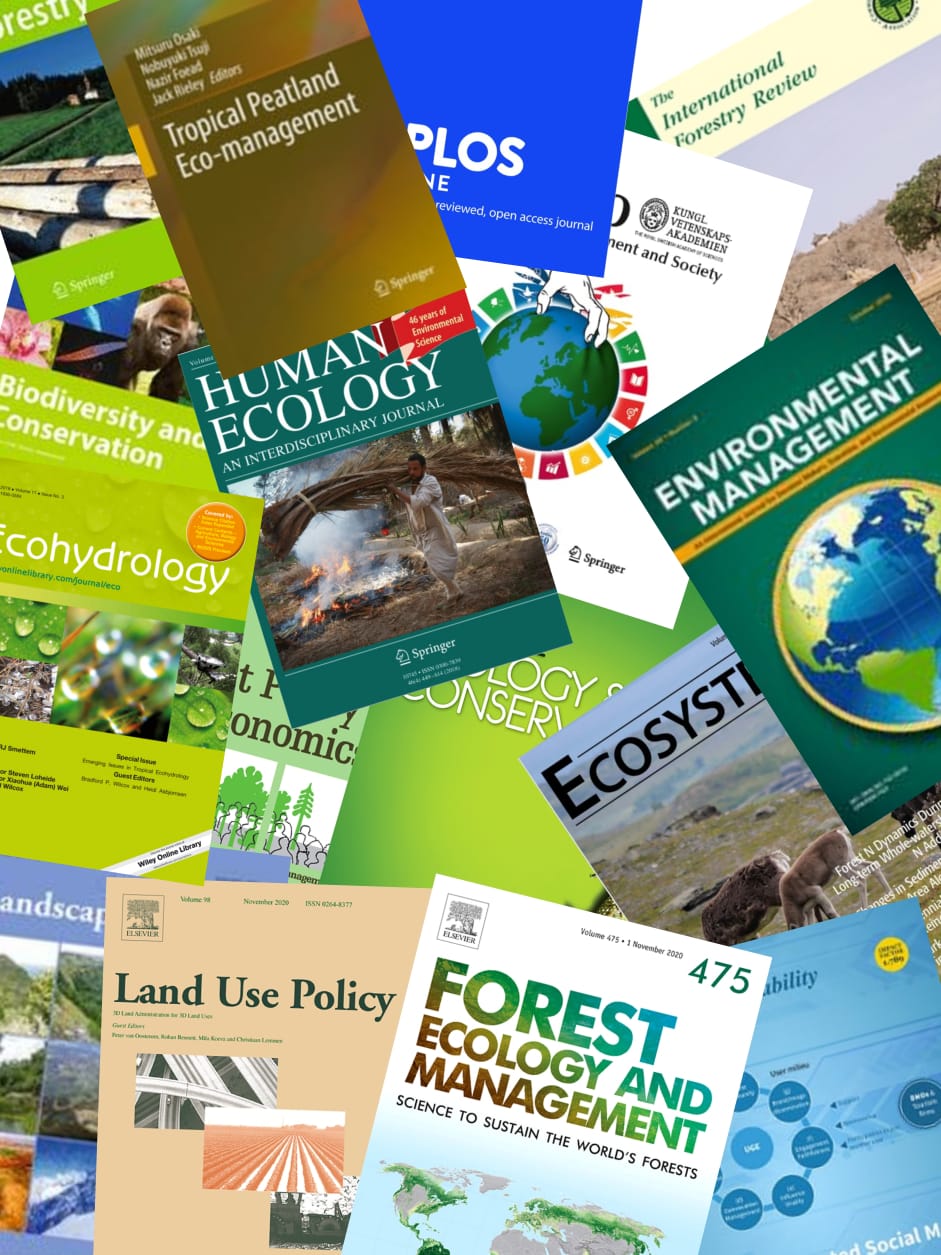Worldwide many businesses have recently pledged to sourcing agricultural and timber products exclusively from deforestation and fire-free supply chains. Geo-investigations — monitoring the activities of plantation companies using satellites and concession maps — are now applied to identify which companies breach their commitments and regulations. We investigate the limitations of geo-investigations by analyzing land-use and fire in and around 163 Indonesian concessions of oil- palm and pulpwood, where recurring forest and peatland fires are a national and international concern. We reveal a mismatch between de-jure and de-facto land occupancy inside and outside concessions. Independent farmers are present in concessions while some companies expand outside concessions. Thus, both actors may be responsible for deforestation and fire inside and outside concessions. On peatland, fire can start outside and spread into concessions, while draining in concessions may promote fire outside. These dynamics make attribution of fire and deforestation in Indonesian concessions impossible without detailed field investigations. This study highlights the need to combine very-high-resolution satellite data with extensive field investigations of de-facto land ownership, claims and disputes inside and outside concessions. In Indonesia, such activities could fall under the One Map Policy, whose remit is to identify and resolve overlapping land claims.
View source

